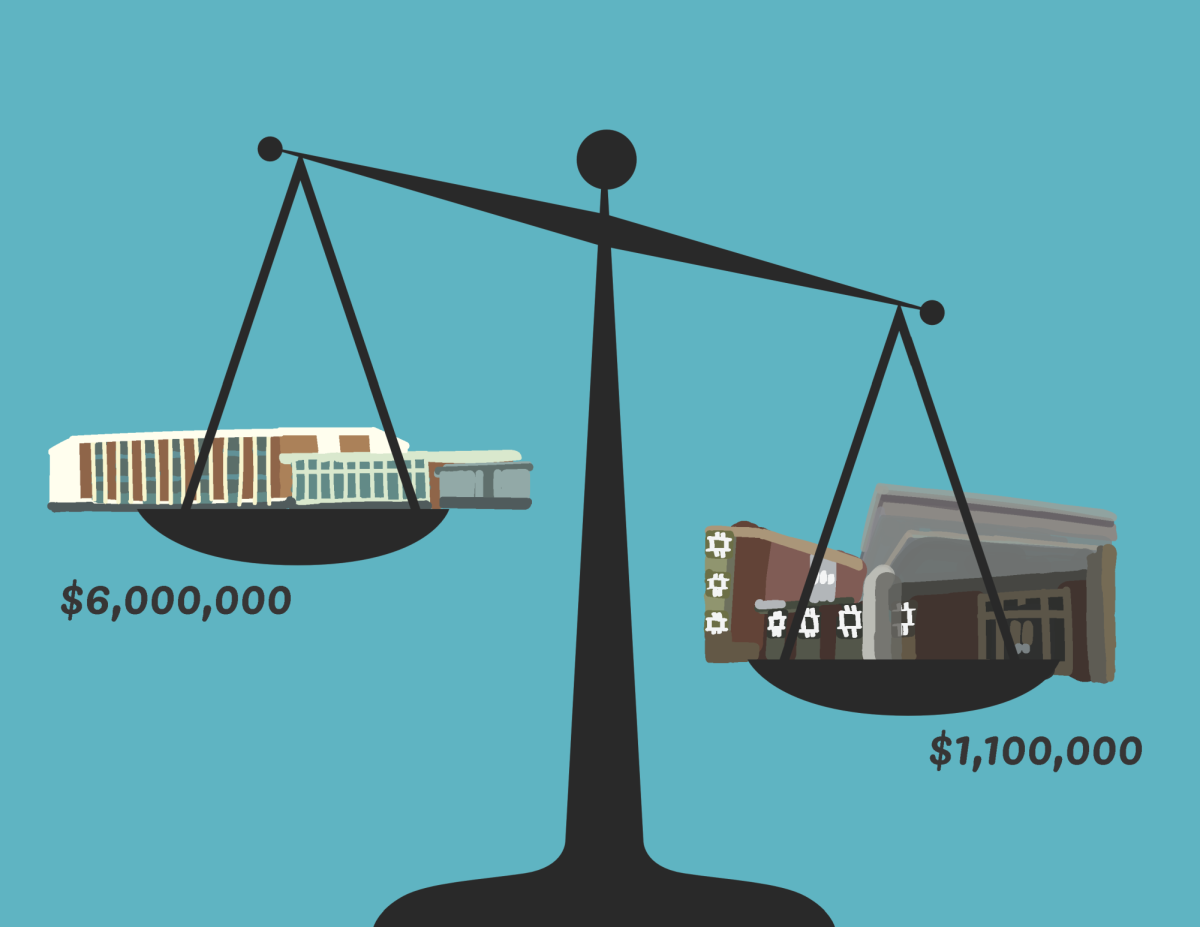It’s no big secret that every year we see vast improvements in consumer electronics, ranging from higher resolution screens to ridiculously faster processors. If consumer electronics are not being upgraded then companies are introducing entirely new product lines, such as Google’s Glass or Samsung’s soon-to-be-announced smartwatch, Gear. In the midst of all these enhancements and futuristic new wearable technology, students often find themselves ready to spend their money to have a better ‘edge’ in college. However, I don’t understand the need to annually upgrade or purchase new products solely for the purpose that they might “improve my note taking” or “efficiency” in college.
I have no idea how many people bought their laptops just as they were going to college compared to how many carried them over from high school. But barring any software/hardware breakdown, unless you’re running Windows Vista (Mac users think OSX Tiger) you shouldn’t be upgrading your laptop. The reasoning behind that is Vista was released in 2006 and Windows 7 came out 2009. If you’re still running Vista, your laptop is anywhere from four to seven years old. Generally, laptops have a life of three to four years and yearly upgrades amount to your Facebook page loading a few seconds faster. At the end of the day, if treated right, laptops can last you about four years (or more). There is no reason for spending $500 to $1000 dollars for a new one every year. I think it can easily be argued that with how many computers there are on campus, buying a laptop is unnecessary because let’s face it, more than half the time you’re using it for social media like Facebook or Twitter, not for actual school work.
On the other hand, smartphones should probably be upgraded every two years at least. The problem with smartphones is that, unlike laptops, the yearly upgrades actually provide a solid boost in performance and far better hardware than their previous iterations (unless you have an iPhone – those have been essentially the same since 2009). Additionally, a smartphone is something a student uses everyday. Unlike laptops, it’s a lot easier to crack the screen, break the camera or drop it in ice cream. That last one is from personal experience; it simply illustrates that smartphones are far more susceptible to wear and tear, so upgrading them every other year is probably a good investment. Furthermore, in the way of consumer electronics, smartphones are relatively cheap. It isn’t too expensive to upgrade to a newer and better model.
Finally, the new and amazing technology some analysts say will eclipse laptops: tablets. First of all, if you have a laptop and a tablet, sell the tablet and keep the laptop. I recently bought a Nexus 7 to see just how useful a tablet would be in my day-to-day use and, spoiler alert, it wasn’t. Analysts who tout the tablet as better than a classic laptop are wrong. I take notes on my laptop, and all of my ebooks can also be accessed on my laptop, which pretty much undercuts any usefulness the Nexus 7 had to begin with.
So then why not take my notes on my tablet with a stylus? Well, in my search for a decent stylus and writing app, I found that together they would cost me about $60, which isn’t worth it when I already have that functionality on my laptop. The last thing I realized in my two weeks with a tablet is, who actually needs a textbook in class? The moral of this story is that buying a tablet as a replacement for a laptop is a bad idea, and upgrading it annually is an even worse idea.
The other main argument for the tablet is the e-reader feature for standard books, not just textbooks. Yet how often can you make reading books different on a tablet? How does one upgrade that? Tablets don’t replace laptops for functionality. If you have both a laptop and a tablet that is used primarily as an e-reader, that feature cannot really be upgraded. Therefore, buying a new one annually does not make sense. Yearly upgrades in tablets may provide better processors and more colorful screens, but when all you’re doing is reading books, it isn’t very compelling to spend $200 to $500 for better looks alone.
As a college student, the point of gadgets like laptops, tablets and smartphones is to aid you in doing homework, writing papers, research and studying. In the end, if you feel as if you can accomplish those things faster, better and more efficiently with improved toys, then go right ahead and buy the newest things on the market. Yet at the end of the day, none of those fancy electronics really means anything at all, since technology is only as good as the person utilizing it. A brand new gadget cannot replace the importance of hard work and dedication to classes for college students.
Upgrading technology
September 3, 2013








































































































